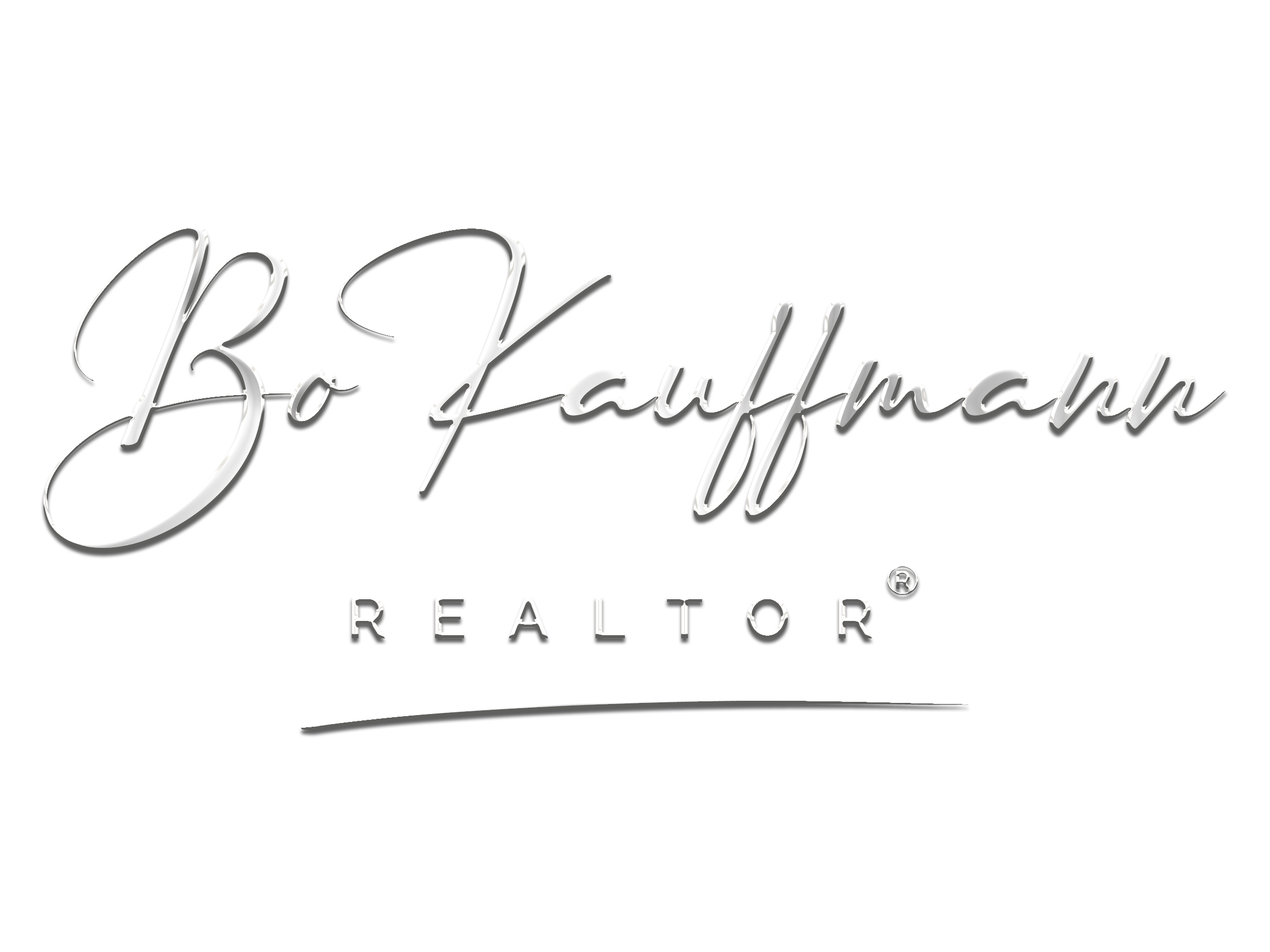
Repair and Upkeep Costs of Rentals
Owning rental property can be lucrative, but it’s also essential that you maintain your property. A rule of thumb in Canada is that you should set aside between 1-3 per cent of your property’s value every year for any repairs and upkeep the property might need.
According to The Canada Revenue Agency (CRA), you can deduct the cost of labour and materials for those repairs to your property that you’ve paid for, but you can’t deduct the value of your own labour if you made those repairs yourself.
Here’s what you need to know about repairs and upkeep of your investment property:
For what are you responsible?
According to the Canada Mortgage and Housing Corporation (CMHC), landlords must maintain certain areas and items up to standards. These can include:
- Any appliances like stoves, fridges, dishwashers (if they are included in the rental)
- Common areas like lobbies, meeting rooms, stairwells and halls
- Elevators
- Swimming pools and gym facilities
- Laundry facilities
- Security systems
- Garbage and recycling rooms
Emergency Repairs
Sometimes things just don’t go as planned and you’ll need to make some repairs quickly, especially if they’re likely to affect the safety, health or well-being of your tenants.
There are some issues that will require your immediate attention, such as:
- Broken pipes
- A heating system that’s on the fritz in cold weather
- Defective lock allowing strangers access to the building
- Defective wiring
- A major leak in the roof
- A broken fridge that comes with the rental unit
- Sewage system backup
- Household pests like bedbugs, mice, fleas, rats, carpenter ants, silverfish or cockroaches
Non-Emergency Repairs
There are things that you’ll need to repair but aren’t considered threatening to the safety or health of your tenant. Some of these include:
- An inside door not closing properly
- Cracked window panes
- A broken garage door opener which can still be opened manually
- Minor plumbing leaks
- A low drain in a sink
- A burnt-out stove element
- Minor roof leaks
Remember that as a landlord, you’ll need to give your tenants notice before you can enter their units. That time differs in each province and territory, so you should consult the Landlord and Tenant Board office in your particular area of Canada to check how much advance notice you’ll need to give.
